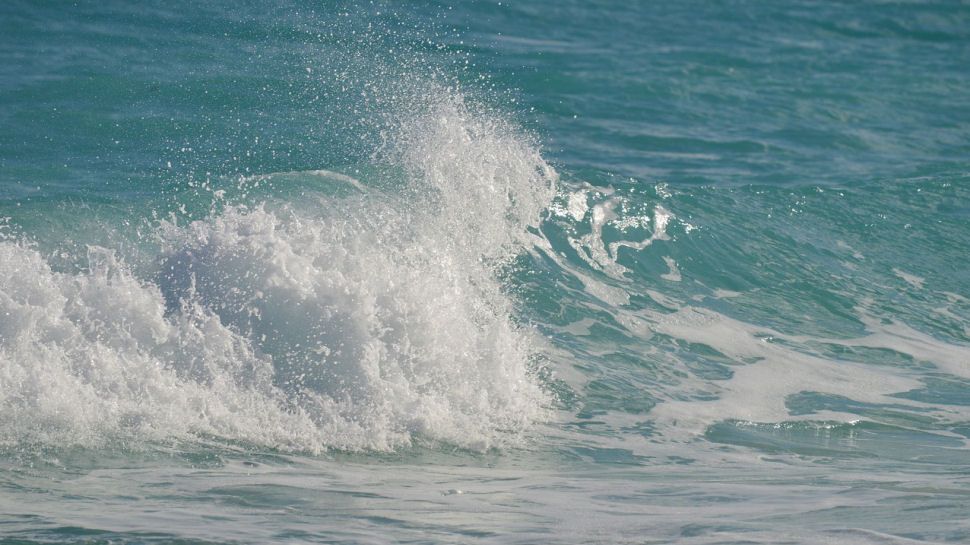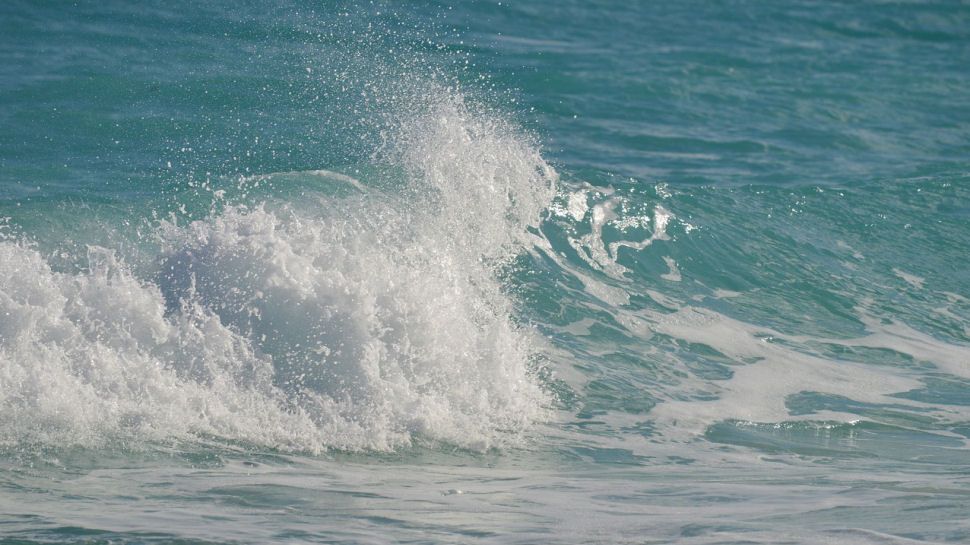
Our oceans play a vital role in maintaining the health of our planet. Not only do they regulate our climate, support biodiversity and influence weather patterns, but they also provide essential resources such as food, energy, and medicine. According to the United Nations, oceans cover over 70% of Earth’s surface and produce at least 50% of the planet’s oxygen. Their importance cannot be overstated.
However, human activities pose significant threats to these critical functions. Rising sea temperatures, plastic pollution and overfishing all contribute to the degradation of marine environments.
Recognizing the growing pressures being put on our oceans – and the role they play in climate change mitigation – the marine community must take proactive steps to better understand and protect them. This includes improving the availability and accessibility of ocean science data.
Fugro’s Global Business Line Director for Land Asset Integrity.
The power of ocean science data
Ocean data is a significant contributor to a safer, more livable world. In fact, according to research carried out in partnership with Economist Impact, two thirds of the marine-based climate change economy hinges on ocean observation data, and dependence could intensify as climate change exacerbates the unpredictability of ocean condition and weather.
Ocean observation systems can deliver real-time data, enabling the community to track marine ecosystems and better understand their health and resilience. Armed with this knowledge, we can then identify stressors (such as pollution or climate change) that are affecting marine life and assess the impact of ocean decarbonization efforts. This information is vital for implementing and optimizing mitigation strategies.
It is also crucial for oceanographers to analyze currents, temperature fluctuations and circulation patterns. This information can be used to refine climate models and enhance our ability to forecast severe weather events such as hurricanes or severe storms.
Furthermore, through ocean floor mapping (known as bathymetry), we can deepen our understanding of underwater landscapes. High-quality data, collected using remote technology, can reveal submarine ridges, seamounts, and potential hazards such as underwater volcanos or landslides – aiding in the planning of sustainable infrastructure and/or conservation measures.
Private sector knowledge
To accelerate progress, the marine community must actively promote ocean science data sharing. This necessitates a coordinated effort, combining the knowledge and resources of governments, academia, non-governmental organizations (NGOs) and the private sector.
Companies involved in offshore energy exploration, marine infrastructure development, and scientific research hold a wealth of valuable information. By transitioning towards a model where this information is freely available, the private sector can play an important role in equipping scientists, decision-makers, and the general public with insights to better understand ocean health. This approach will also help to overcome a significant barrier: constrained and sporadic public funding to support such initiatives.
Collaborative efforts and challenges
Over the coming years and decades, industry working groups will be crucial in shaping strategies and best practices to facilitate collaboration and democratize ocean data.
These groups should not only emphasize the societal benefits of ocean science data sharing but also aim to identify practical solutions to technical challenges. For instance, while ownership of ocean data often lies with the companies authorized to collect it, or the governments granting permission, data sharing isn’t always solely at the discretion of data owners. Even when companies are willing to share their data, national governments must approve its release if acquired within a nation’s Exclusive Economic Zone. Despite the endorsement of the Ocean Decade by national governments, securing such approval remains a significant hurdle.
There are additional challenges around inefficient data collection, inconsistent methodologies and a lack of standardized global protocols, which complicates data discovery and accessibility. The World Economic Forum has highlighted that ocean data reporting should be as quantitative and standardized as possible, based on recognized metrics tools and policies. This will enable deeper and more accurate data analysis, thereby enhancing the impact of data sharing.
Several groups have already been established to champion private sector data sharing. For example, the 2016 Forum for Future Ocean Floor Mapping advocated for the sharing of bathymetric information to create a global baseline bathymetric database. Additionally, the Intergovernmental Oceanographic Commission of UNESCO has been at the forefront of coordinating global ocean science data and improving access to privately owned data. This collaborative effort includes a consortium of leading maritime companies who acquire or own ocean science data.
By joining forces, industry players will be able to overcome barriers and pave the way for privately owned ocean science data to be harnessed for the greater good. By bridging gaps and pooling expertise, we will be in a far stronger position to safeguard our planet.
The stakes are high, and stakeholders need to show a collective commitment to bringing together research, technology and innovation to restore ocean health. This will ultimately help to shape a safer, more livable world.
We’ve featured the best green web hosting.
This article was produced as part of TechRadarPro’s Expert Insights channel where we feature the best and brightest minds in the technology industry today. The views expressed here are those of the author and are not necessarily those of TechRadarPro or Future plc. If you are interested in contributing find out more here: https://www.techradar.com/news/submit-your-story-to-techradar-pro
Services Marketplace – Listings, Bookings & Reviews
